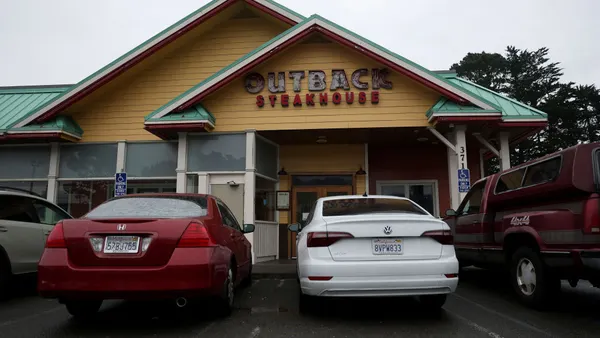Dive Brief:
-
CIOs who manage Gen Zs and millennials as if they are one and the same are doing it wrong, according to Daniel Sanchez Reina, senior research director at Gartner. The differences between the cohorts make one-size-fits-all management a detriment to today's workforce comprised of Zs, millennials (1980-1994) and baby boomers (1945-1964).
-
Gen Z workers (1995-2010) were born at a time when the World Wide Web put everything at their fingertips. They are much more likely to contribute to speedy digital transformation. True to form, they will likely demand it, according to Gartner.
-
Gen Zs are commonly known to have abundant confidence, be straightforward in communications and prefer to work with little to no supervision. Gartner says through 2025 there's no better generation to troubleshoot and identify the needs of consumers, users and clients in a digital space.
Dive Insight:
There have been breakthroughs along the Gen Z and millennial border, but they have different experiences and desires.
Gen Z prefers mentor leaders teaching practical skills and demonstrating desirable behaviors, while millennials are more in tune with leaders who coach, according to Sanchez Reina.
It isn't that they can't coexist on a team. They can, but it takes a manager who can herd cats — listening and understanding, cheerleading and connecting.
Millennials want to specialize and are known for job hopping, Gen Z finds comfort in switching roles, but could build a career at one company, said Sanchez Reina. In this respect Gen Z would seem to be the answer to a team builder's dream. Provide challenges, encourage innovation, tap into the entrepreneurial spirit and watch Gen Z blossom.
Gartner outlined cheats to cracking the Gen Z code:
-
Spell out expectations
-
Create opportunities outside the boundaries of the role
-
Establish timelines for progress
-
Allow autonomy and flexible work conditions
-
Gain credibility by increasing your digital knowledge
This is no easy task considering CIOs other high level goals and projects. It is tempting to leave the "culture" piece to human resources or just dismiss generational differences.
Where CIOs can earn their keep is in unifying the generations and pointing them toward the team mission, tasking them with finding solutions and rewarding and encouraging them as needed.














